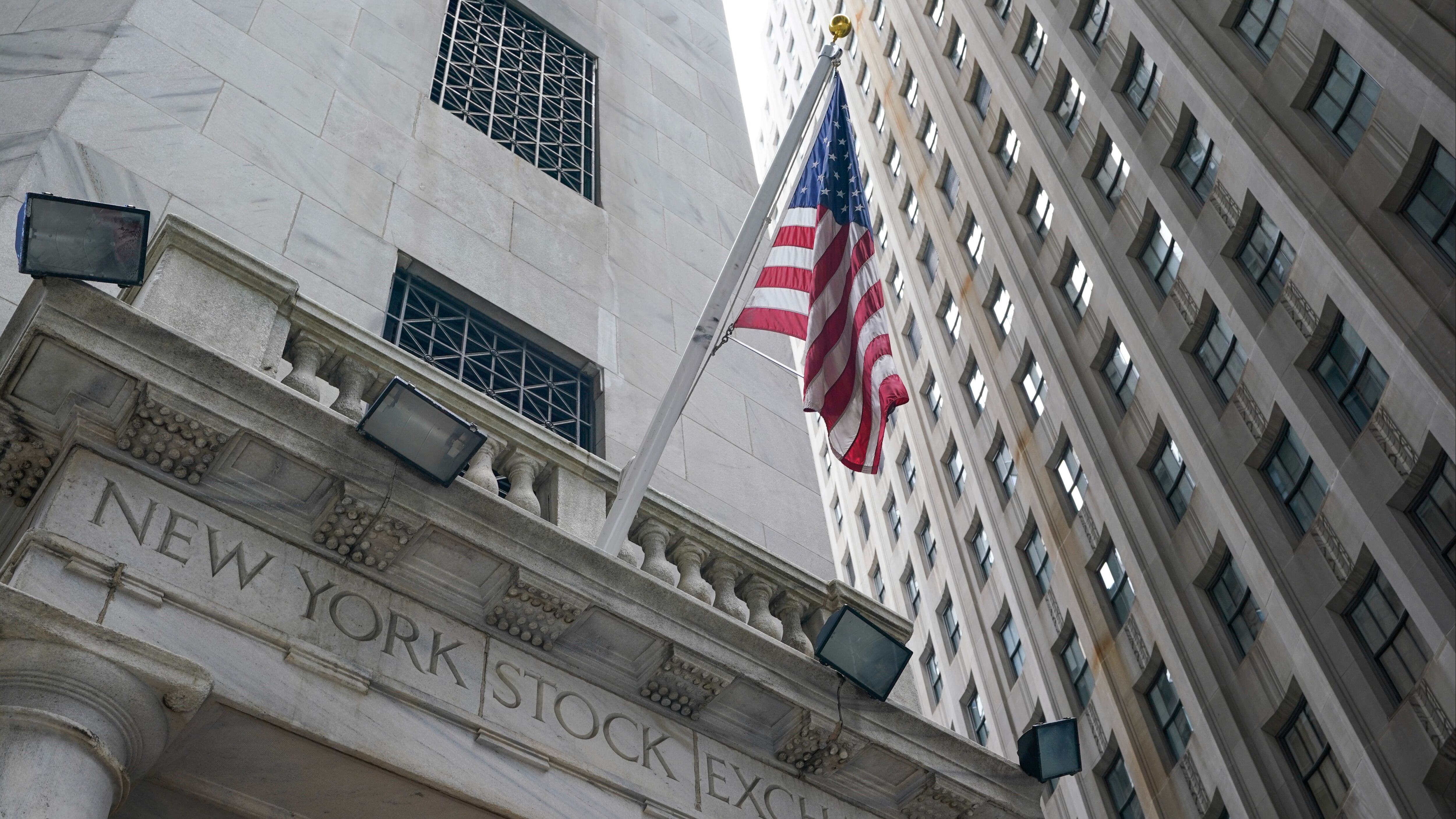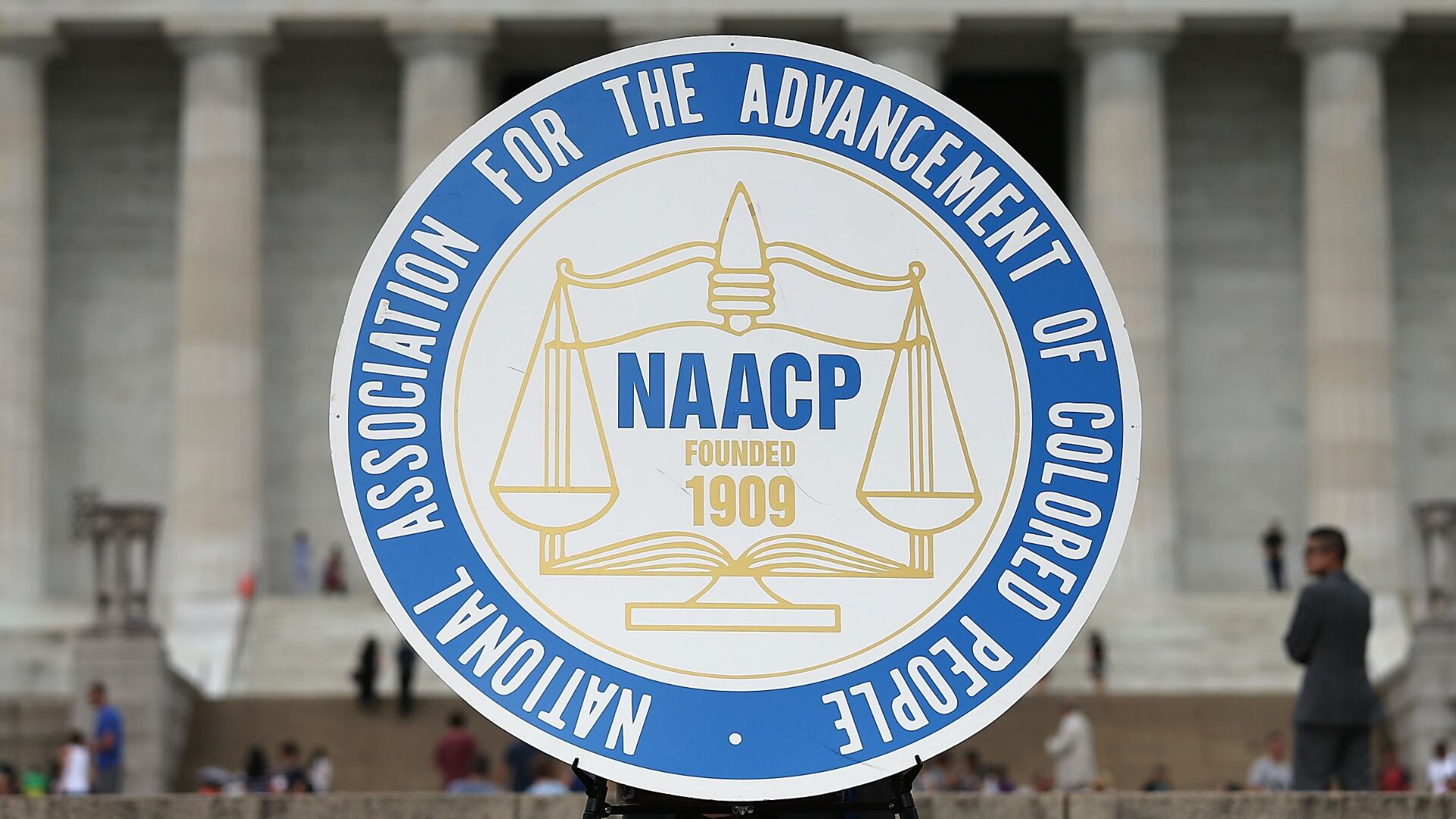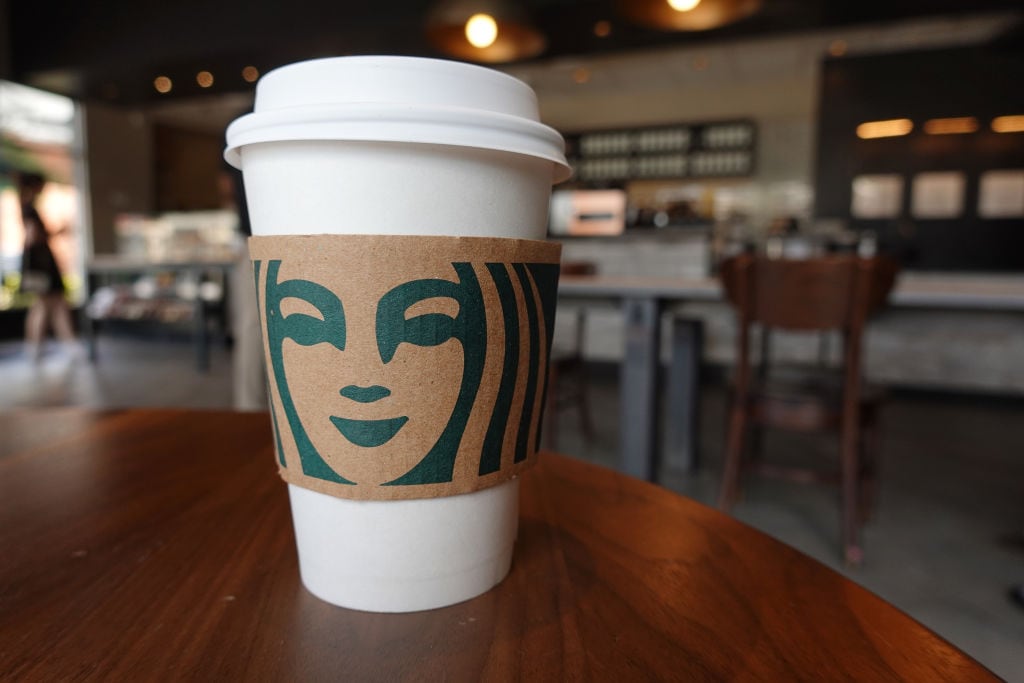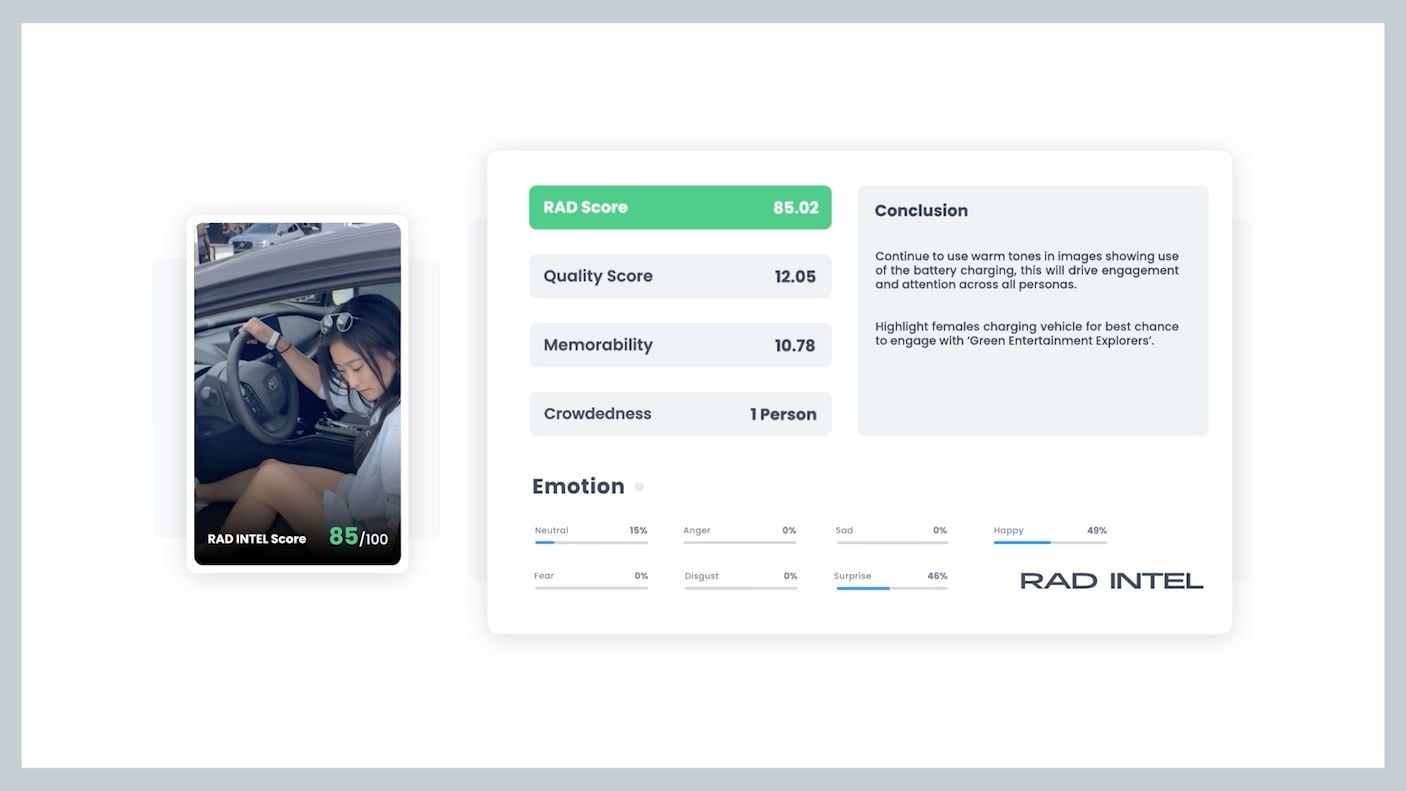By Stan Choe
Stocks rose Tuesday after a cooler reading on inflation cemented Wall Street’s bets for the Federal Reserve to hold off on hiking interest rates this week.
The S&P 500 was 0.7% higher in late morning trading, ticking further into heights it hasn’t touched since April 2022. The Dow Jones Industrial Average was up 176 points, or 0.5%, at 34,248, as of 11:13 a.m. Eastern time, while the Nasdaq composite was 0.8% higher.
The U.S. stock market has been on a roll amid hopes the economy can avoid a severe recession and inflation will fall enough for the Federal Reserve to take it easier on its rate increases. Tuesday’s report showed that food, fuel and other prices for consumers were 4% higher in May than a year earlier, the latest slowdown from its peak above 9% last summer.
The data pushed traders to immediately amp up bets for the Fed on Wednesday to announce no change to interest rates. If it does, that would mark the first meeting in more than a year where it doesn’t hike rates.
The Fed has already pulled its benchmark short-term rate up to its highest level since 2007, which has slowed inflation but has also helped cause several U.S. bank failures and a contraction in the manufacturing industry.
Oracle was one of the biggest forces pushing the S&P 500 higher after it reported stronger profit for the latest quarter than expected. It climbed 2.6%, as it also announced plans to develop artificial-intelligence services for organizations.
A rush into AI has helped a select group of stocks to huge gains this year, driving much of the stock market’s rally. Nvidia rose 2.8% Tuesday to raise its gain for the year to nearly 178%. That’s raised concerns about a possible bubble, though supporters say AI is the next revolution to remake the economy.
A survey of global fund managers by Bank of America found the majority believe widespread adoption of AI in the next two years will increase profits, according to a BofA Global Research report.
That survey, though, also said the majority of fund managers believe the Fed is still not done hiking interest rates. Many traders expect the Fed to resume raising rates in July, even if it holds steady this week.
Tuesday’s inflation report showed that not only is overall inflation still too high, so are prices underneath the surface. The Fed prefers to look at inflation after stripping out food, fuel and housing costs, hoping to get a better view of where the trend is heading. Such “supercore” inflation is still above the Fed’s comfort level.
The worry is that additional hikes by the Fed will mean more pressure on the U.S. banking system when it’s already cracked under the weight of much higher rates. Bank customers are pulling their deposits in search of higher yields at money-market funds. At the same time, high rates are knocking down the values of bonds that banks bought and other investments they made when rates were low.
Three high-profile U.S. bank failures since March have shaken confidence in the system, and that’s caused some banks to make it tougher for households and businesses to get loans. That puts additional brakes on the economy, raising the risk of a recession.
Zions Bancorp. fell 3.5% after it appeared to cut its forecast for upcoming net interest income to “decreasing” from “moderately decreasing.”
Just two weeks remain until the start of the third quarter of the year. That's notable because many investors came into this year predicting a recession would hit by the third quarter, yet the job market has remained remarkably resilient and propped up the economy.
“Today, the recession has not arrived, and we are witnessing that reckoning in public market equity valuations via the recent rally,” said Alexandra Wilson-Elizondo, deputy chief investment officer of multi asset solutions at Goldman Sachs Asset Management.
But that doesn't mean the economy is in the clear. “With inflation stubbornly high, we do see the business cycle eventually ending in recession, as the Fed will have to break the back of the labor market to make material progress toward their 2% target” on inflation, she said.
In the bond market, yields initially dropped immediately after the inflation report before recovering. The yield on the 10-year Treasury rose to 3.78% from 3.74% late Monday. It helps set rates for mortgages and other important loans.
The two-year yield, which moves more on expectations for the Fed, rose to 4.61% from 4.58%.
In markets abroad, Hong Kong's Hang Seng rose 0.6% after China's central bank lowered its one-week lending rate for the first time since last summer. That appeared to reflect official concern about the health of China's economic recovery after growth in factory and consumer activity weakened.
The support coming from the world's second-largest economy helped to push up the price of crude oil, which has struggled over the last year on worries about weaker demand. A barrel of U.S. crude rose 3.4% to $69.49. Brent crude, the international standard, gained 3.6% to $74.44 per barrel.
Stocks were modestly higher across much of the rest of Asia and Europe. Japan's Nikkei 225 jumped 1.8%.
AP Business Writers Matt Ott and Joe McDonald contributed.













